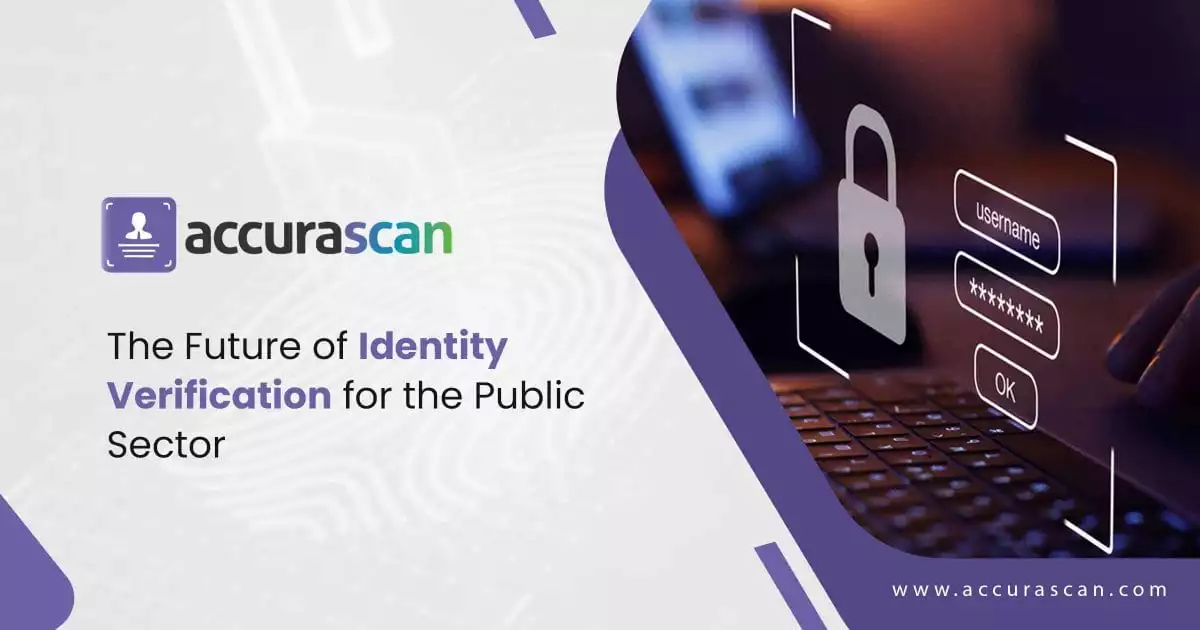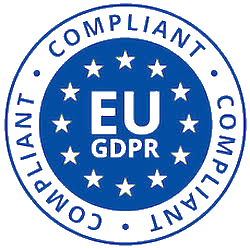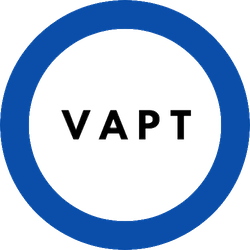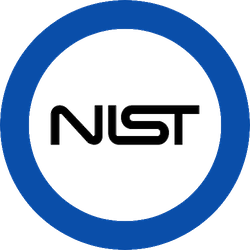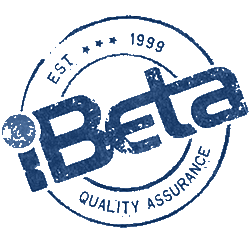The public sector, like many others, is grappling with how to best capitalise on the opportunities afforded by digital transformation. Identity verification is an essential process of corroborating that a person is who they claim to be in sensitive sectors such as those related to finance, investments and wealth. It’s a security measure to combat new account fraud.
In addition, digital identity verification solutions have given a new meaning to the identity verification concept, including biometric verification, face recognition, and digital ID document verification. In this article, we analyse identity verification and if it is the future of digital transformation in the public sector.
What is eKYC?
The term eKYC refers to digital KYC processes. It is an abbreviation for electronic Know Your Customer. It is a remote approach that eliminates the cost and traditional complexity associated with KYC procedures. It eliminates the need for documentation.
How does identity verification help in the Public Sector?
By adopting digital identity verification services alongside a robust set of constraints, organisations may provide a more simplified and standardised experience for their employees, customers, and staff. Many applications are now possible as a result of this technology.
By increasing signer assurance and facilitating KYC and AML compliance, ID verification helps to reduce risk in financial services for routine processes such as account setup, wire transfer agreements, and loan funding (AML). Businesses with extensive and full consumer and worker identification can better protect themselves against fraud.
What’s the future of identity verification for the public sector?
Companies that fail to gain their clients’ trust risk going out of business worldwide. Unfortunately, criminals quickly exploit inadequate ID verification services, eroding client trust. To protect against financial crimes, companies need multi-layered identification and risk-based analytics and authentication solutions powered by machine learning from account opening to regular maintenance and every other transaction.
Final thoughts
By facilitating comprehensive and full identity verification for your clients and employees, you can reduce the risk of fraud against your firm. Some sectors necessitate a digital verification system capable of legally enforcing agreements through certified identity verification procedures.
Trustworthy verification techniques enable an improved client experience and new business opportunities. That’s why having identity verification software like Accura scan can reduce the risks involved with onboarding, boost confidence and support legal legitimacy and compliance. Call us on +91 820-898-8751 for more details.
Frequently asked questions
1. Is face recognition always correct?
In ideal circumstances, facial recognition systems may achieve an accuracy of 99.97%, almost absolute precision.
2. What are the benefits of digital identity?
Digital identity has various advantages, such as checking your bank balance, arranging a doctor’s appointment, and much more.
3. Where can identity verification be used?
Numerous sectors use identity verification to validate customer identification online during account opening or processing a big account request, usually financial activities.

